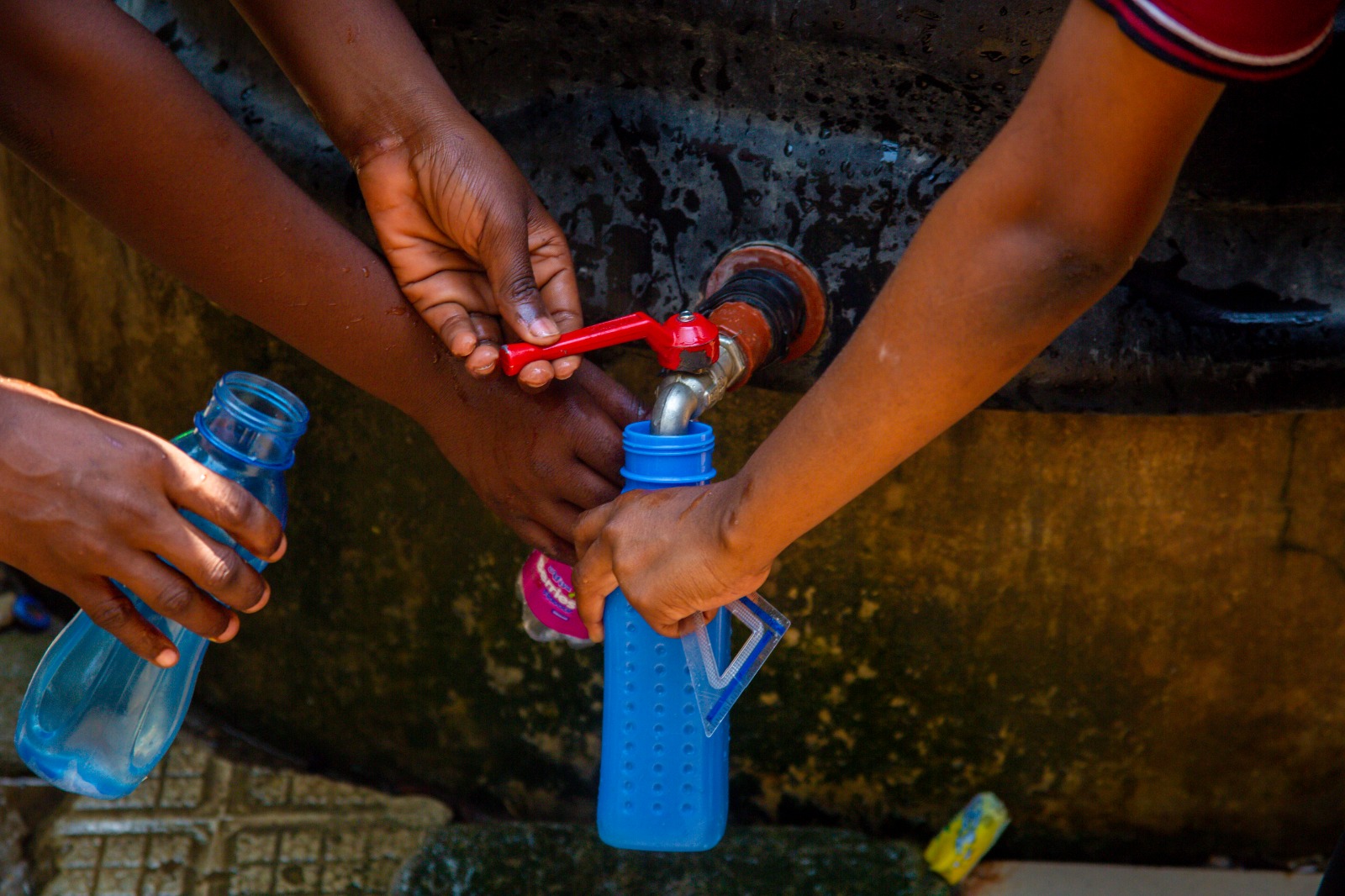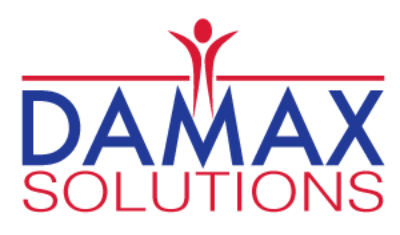
DAMAX Solutions is dedicated to improving access to safe water, sanitation, and hygiene (WASH) services through impactful research, program evaluations, and strategic support. Our expertise spans diverse WASH initiatives, including infrastructure assessments, water quality testing, and behavior change interventions to promote hygienic practices. We prioritize inclusive approaches that ensure accessibility for vulnerable populations, such as children, women, and individuals with disabilities.
Through partnerships with public and private institutions, DAMAX has conducted comprehensive WASH evaluations, identified service delivery gaps, and provided actionable recommendations to strengthen WASH systems. Under our consultancy with WaterAid, we partnered with MOH and PORALG to develop protocols and data collection methodologies for a nationwide assessment of the WASH financing situation in healthcare facilities in Tanzania. This study successfully deployed experienced health service providers and selected CHMT members, reaching 225 health facilities. Additionally, a US based organization SPLASH, consulted DAMAX Solutions to undertake specific study to evaluate school-specific details, including locations, water sources, utility costs, and existing WASH infrastructure such as water filters and sanitation facilities. Additionally, understanding the operations and maintenance capacities of schools to provide insights into the current management of these facilities.
This research aimed at filling critical evidence gaps by providing a detailed analysis of current WASH conditions, operational capacities, and the impact of infrastructure on student health, thereby guiding effective interventions and policy decisions to improve WASH in Tanzanian schools. Our work not only highlights the importance of clean water and sanitation for health and wellbeing but also aligns with global efforts to achieve Sustainable Development Goal 6. By generating evidence and fostering collaborations, we aim to create sustainable solutions that enhance WASH access, improve public health, and build resilient communities.
